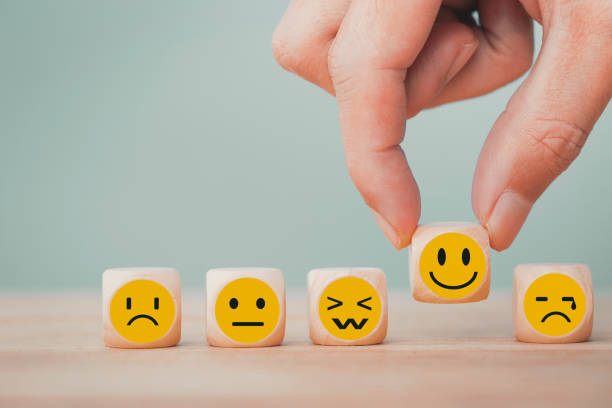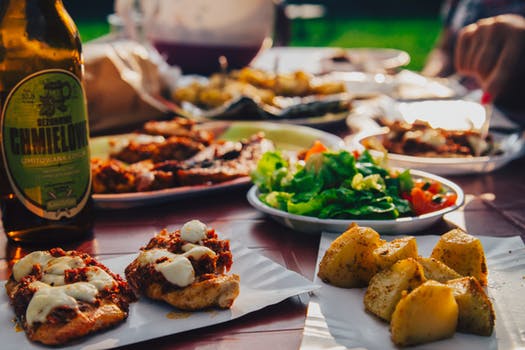Uh Ooh! It’s OCD…
We may have all heard about it at some point in time but.. What Is Obsessive-Compulsive Disorder?
Obsessive Compulsive Disorder (OCD) is an anxiety disorder that is characterized by obsessions (repetitive, undesirable, unpleasant thoughts) and compulsions (ritualistic behaviors) or actions that a person is compelled to carry out.
The majority of people with obsessive-compulsive disorder experience both obsessions and compulsions, although 10 to 20 percent of people will experience either obsessions or compulsions alone.
In most cases, the passions are the initial problem, and the constraints develop as a way for the mind to neutralize the obsessive thoughts.
A Closer Look At Obsessions.
Obsessions are typically the catalyst in all cases of OCD – it is the obsessions that trigger the compulsions, and once both obsessions and compulsions are active, the vicious circle has begun.
Obsessions are uncontrollable thoughts, invariably involuntary, and they repeatedly occur in a person’s mind.
The person experiencing the passions will often know that the ideas make no sense, but they will be powerless to stop themselves from continuing to think about them.
A Closer Look At Compulsions.
A compulsion is an action or behavior that a person is driven to perform repeatedly, and one which they have no power to stop. The constraints develop as a result of the mind looking for a way to bring an end to the obsessive thoughts, and so there is often a link between an obsession and the compulsion the brain develops to stop it.
An example of this would be the compulsion a person experiences to wash their hands to bring an end to the obsession that they’ve been contaminated by something unclean or even poisonous.
 If your partner or someone close to you has been battling with this disease, then ideally you should maintain a calming and non-judgmental approach. Those times when they are comfortable talking about their condition, it is the opportunity for active listening.
If your partner or someone close to you has been battling with this disease, then ideally you should maintain a calming and non-judgmental approach. Those times when they are comfortable talking about their condition, it is the opportunity for active listening.
This may also be a junction to encourage professional assistance. All the while we have to remember that the behavior is separate to the individual and we must be sure to acknowledge and reinforce positively any progress made while managing OCD.
As part of the pathway, and as a supportive partner or friend, it is important to learn about the disorder and its diagnosis. Meanwhile our overall personal well being should still be a priority. There are times when our own emotional stress can become over powering, while our physical fatigue can also creep up. There will be the good times as well as the times when our own sleep is lacking – sometimes due to the sudden onset of symptoms at those ungrateful hours.
On this course, the physical fatigue is also as of personal stress and worry, and also contributed to by sporadic die and eating at those many inconsistent times. The mental exhaustion, will show its face ever so often from managing our loved one’s needs and their health.
Part of the treatment is to stop the enabling of the OCD in the home. This is not easy sometimes..
Treatment For OCD.
The key to treating OCD is to uncover the underlying cause of anxiety that leads to the OCD itself. In almost all cases, there is some underlying anxiety or fear that drives the person to develop these obsessions and compulsions to rid themselves of the unpleasant anxiety they may be experiencing.
Once the underlying cause has been discovered, treatment is typically far more successful than in those who try to solve their OCD directly.
If the anxiety is being caused by a specific anxiety disorder, such as health anxiety, agoraphobia, panic disorder, social anxiety disorder, or a phobia of some kind, specific treatment appropriate to the anxiety disorder in question will often produce excellent results in eliminating even the most severe cases of obsessive-compulsive disorder.
This is merely a scratch on the surface to handling OCD, as there is still no one-size-fits all cure. Similarly, unless you are in the space at times it is difficult to relate, but the opportunity to reach out is always there…
Journey on…






